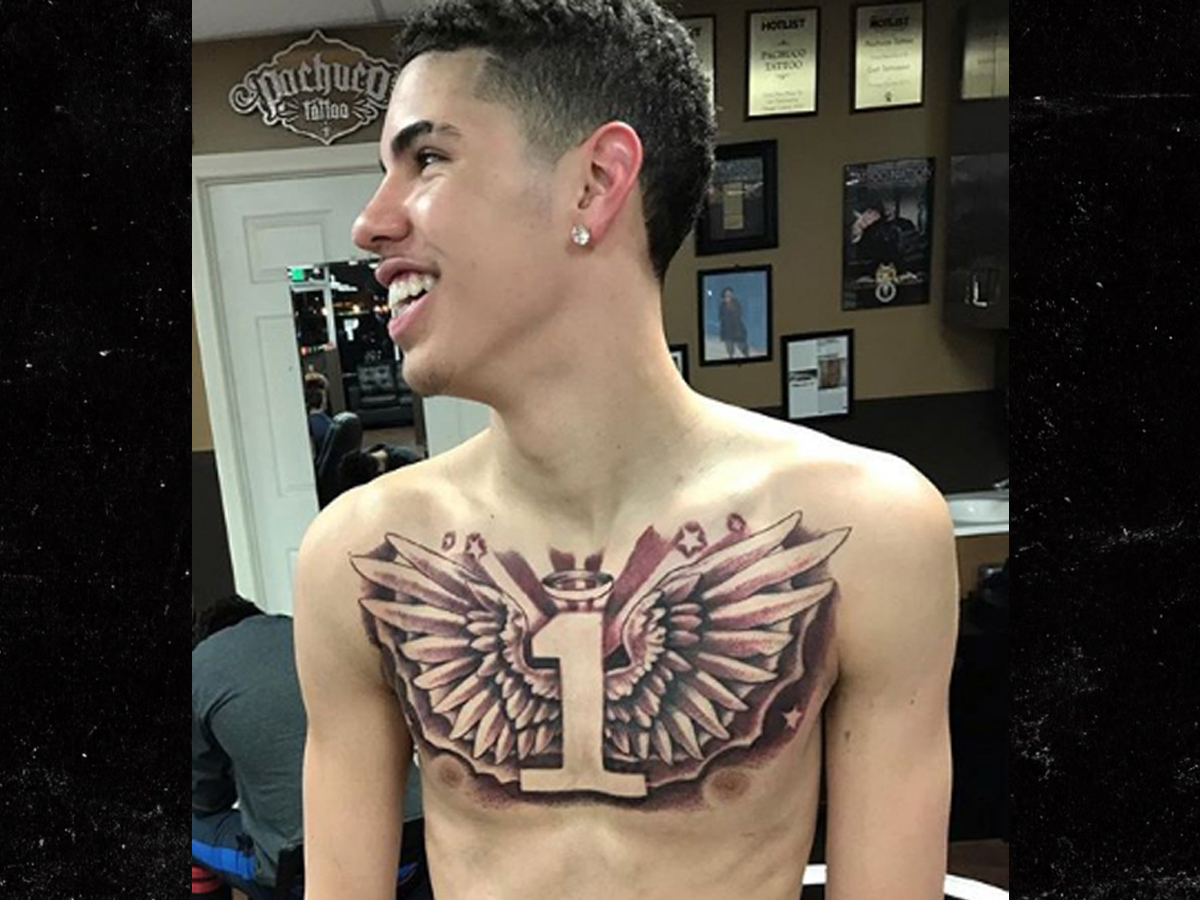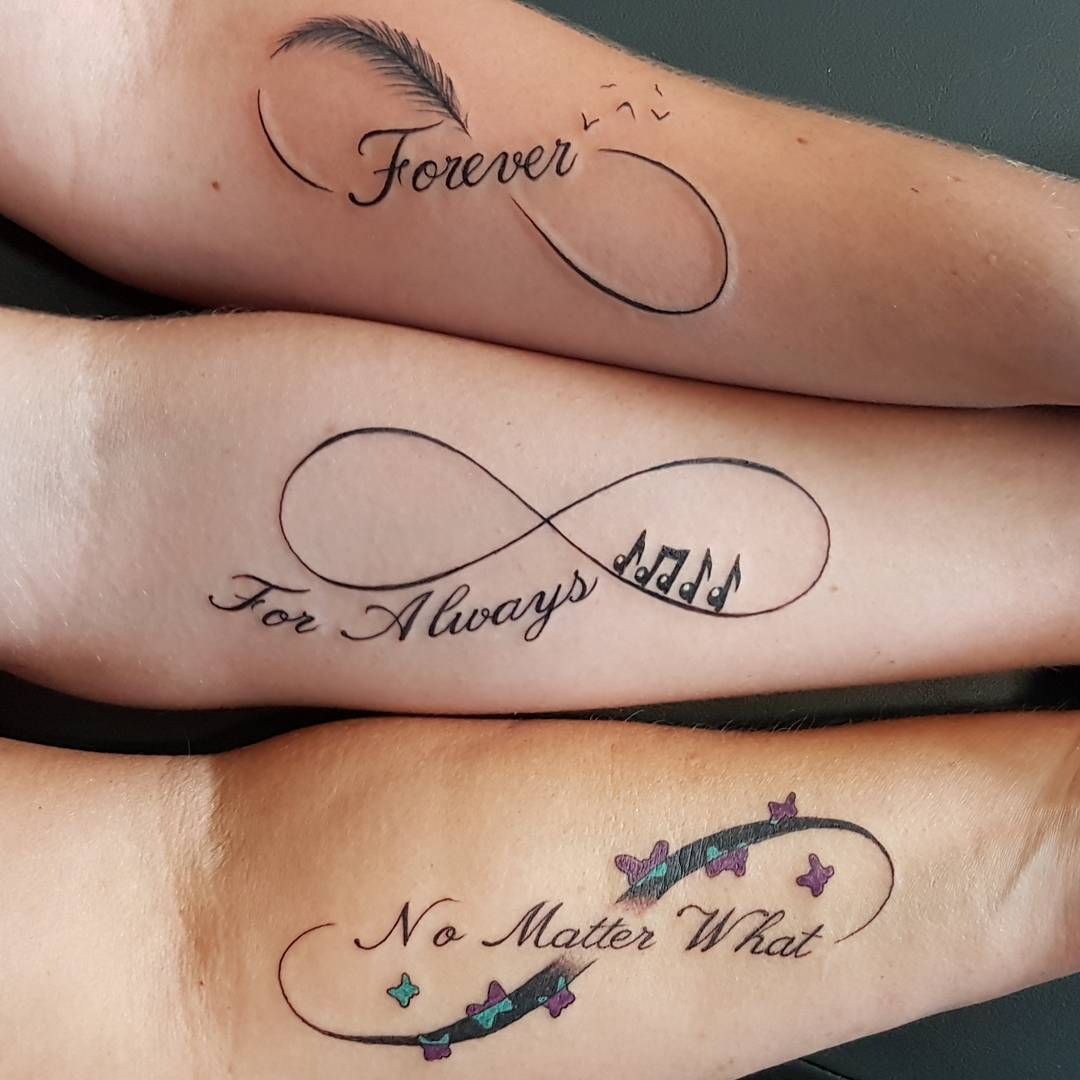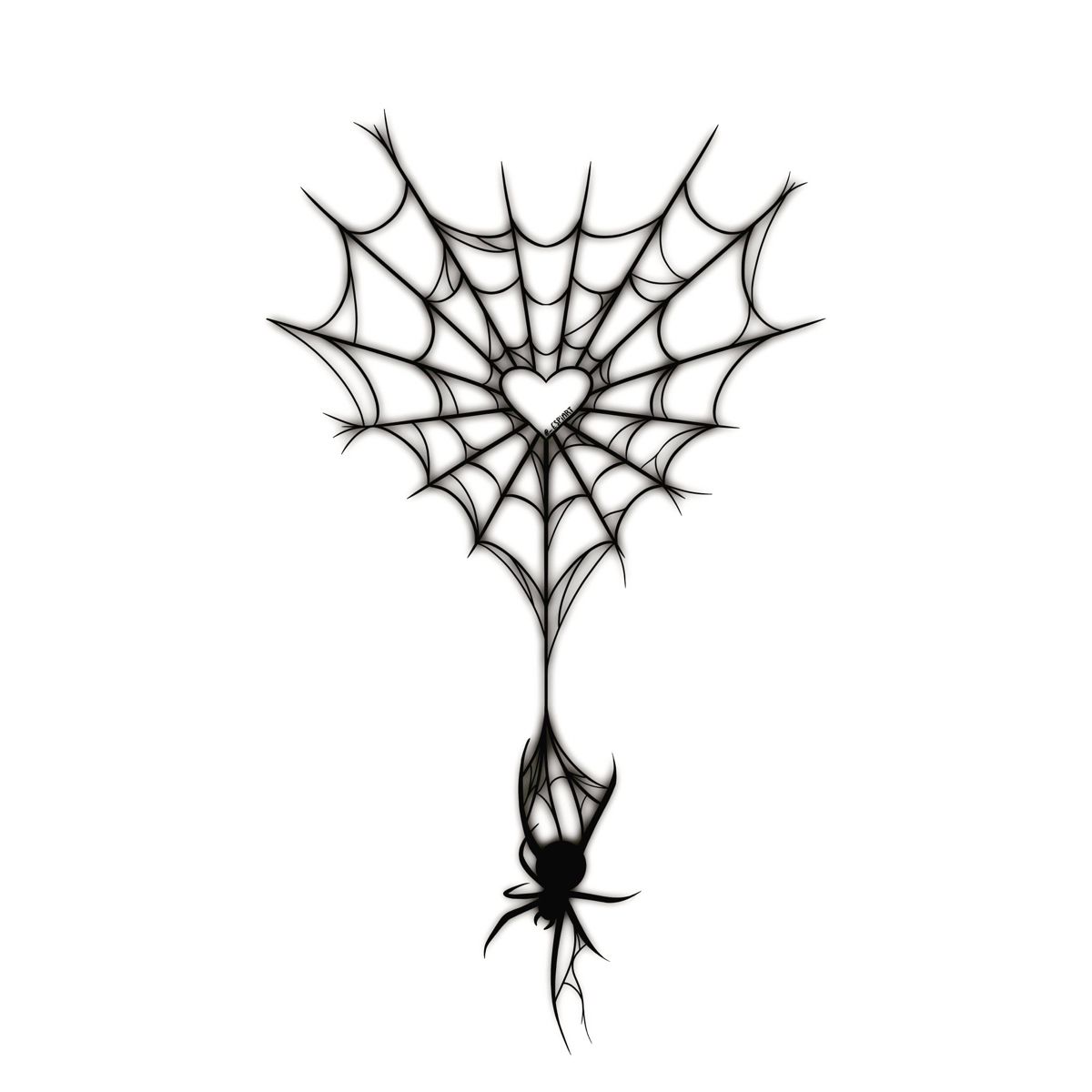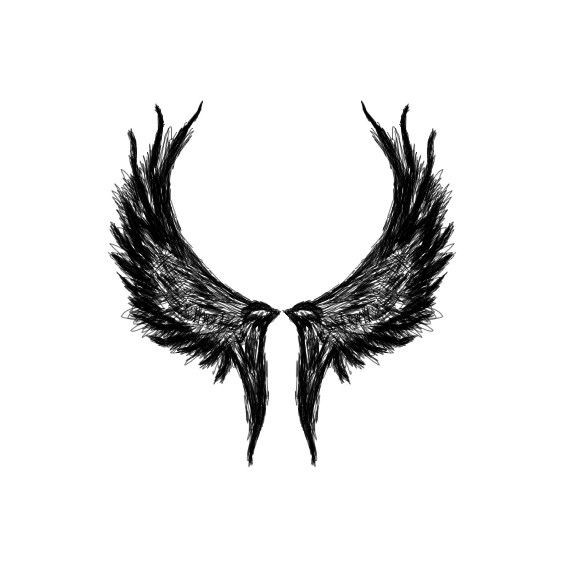Asian Symbol Tattoos: Meanings and Inspiration

Asian symbol tattoos have captivated enthusiasts around the globe for their profound meanings, cultural richness, and visual appeal. Originating from various Asian cultures like Chinese, Japanese, Korean, and more, these tattoos are not just art; they are a way to connect with history, spirituality, and personal philosophy. In this extensive guide, we delve into the world of Asian symbol tattoos, exploring their meanings, designs, and inspiration for anyone considering inking these timeless symbols on their skin.
The Allure of Asian Symbol Tattoos


The attraction to Asian symbol tattoos lies in their ability to convey complex ideas or feelings in succinct, visually captivating forms. Here’s why they are so popular:
- Cultural Depth: Each Asian script has its own cultural heritage that dates back centuries, offering a tapestry of meanings.
- Aesthetic Appeal: The strokes and lines of Asian characters are both fluid and structured, making them artistically pleasing to the eye.
- Personal Significance: Individuals often choose tattoos that resonate with their personal journeys or aspirations.
Chinese Symbols

Yin and Yang


The Yin Yang symbolizes the balance of opposing forces, a concept integral to Taoism. This symbol signifies:
- The interdependence of all natural forces.
- The cyclical nature of life.
- The need for harmony and balance in all aspects of existence.
⚡ Note: Choosing this tattoo can remind you to seek balance, but ensure you understand its cultural context.
Eight Immortals

The Eight Immortals, known as ‘Ba Xian’, are figures from Taoist mythology, each with their unique emblematic objects and associated powers:
| Immortal | Symbol | Meaning |
|---|---|---|
| Zhang Guo Lao | Fish Drum | Longevity, immortality |
| Lü Dongbin | Sword | Justice, military prowess |
| Han Xiangzi | Flute | Nature, music |

Japanese Symbols

Kanji


Kanji, adopted from Chinese characters, are used in Japanese writing. Here are some popular choices for tattoos:
- 愛 (Ai) - Love: Expresses affection and connection.
- 力 (Chikara) - Strength: Symbolizes physical or inner fortitude.
- 勇 (Yū) - Courage: Represents bravery and valor.
⚡ Note: Research the character thoroughly to ensure it conveys the exact meaning you desire.
Samurai

Samurai imagery often includes symbols like:
- The Katana, symbolizing the warrior’s path.
- The Momiji or Japanese Maple leaf, representing autumn and transience.
- The Cherry Blossom, symbolizing the beauty of life and its transient nature.
Korean Symbols

Hangeul
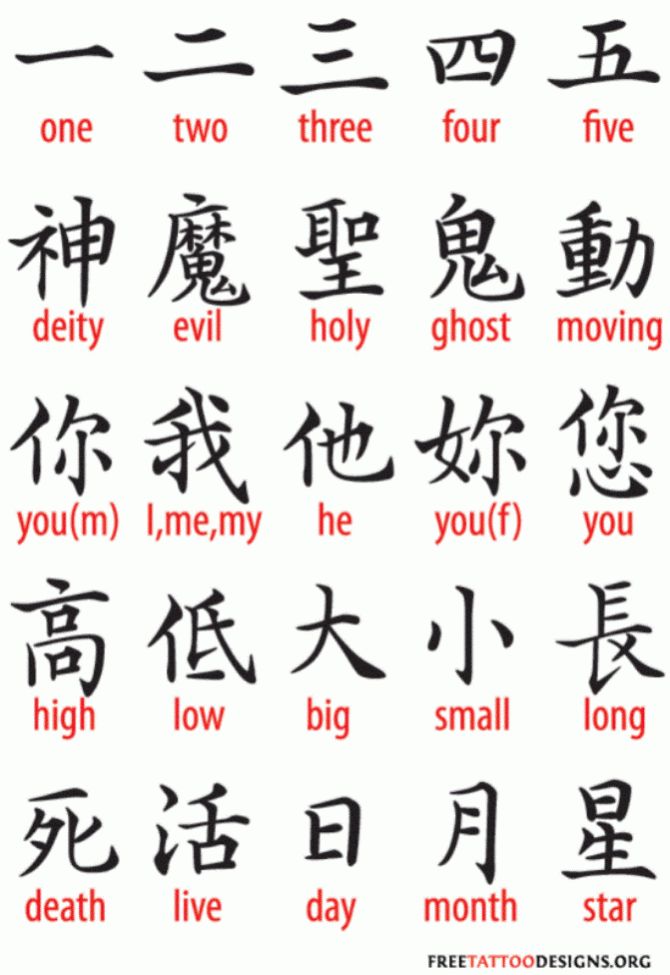

Hangeul, the Korean alphabet, is not only functional but also aesthetically appealing for tattoos. Here are some symbols:
- 사랑 (Sarang) - Love: Deep affection, romantic or familial.
- 명예 (Myeongye) - Honor: Reflects Korean values of integrity.
- 행복 (Haengbok) - Happiness: A state of well-being and contentment.
Inspiration for Your Asian Symbol Tattoo

Choosing Your Symbol
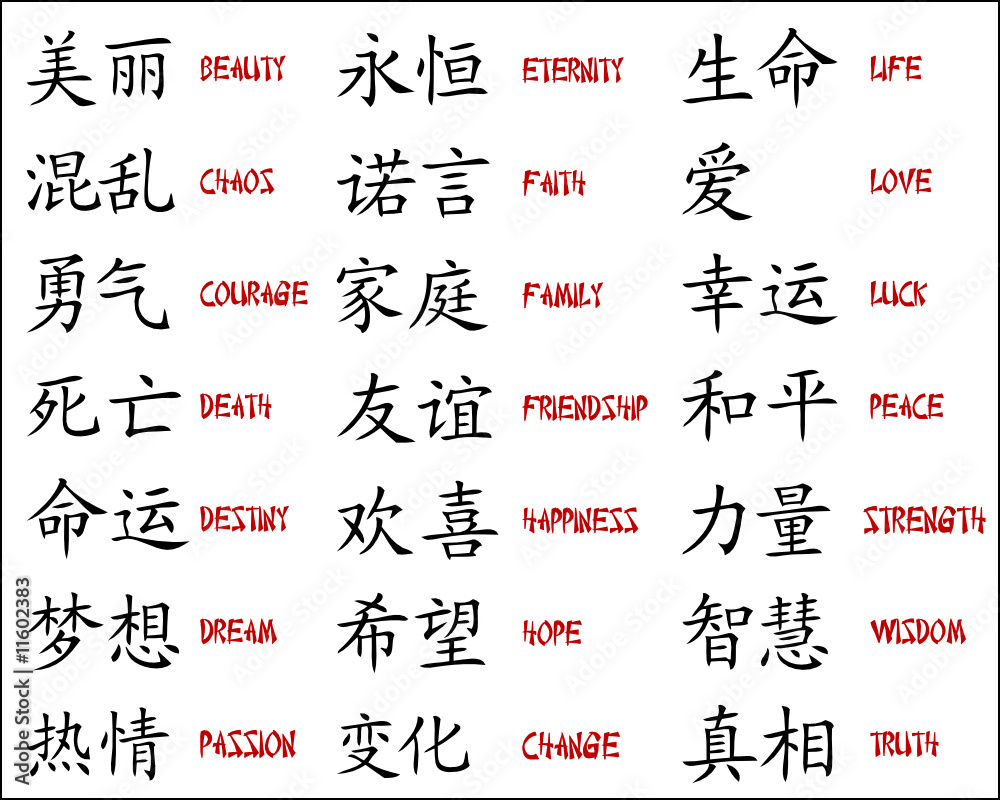
Selecting the right symbol for your tattoo involves:
- Understanding your motivation: What do you want the tattoo to symbolize?
- Researching cultural implications: How is the symbol viewed in its native culture?
- Consulting with native speakers or cultural experts: Ensure correct interpretation and usage.
Design Considerations

Your tattoo’s design should:
- Reflect your personality: Choose fonts, styles, and additional elements that speak to you.
- Consider placement: Symbols can be accentuated or diminished based on where they are placed on the body.
- Incorporate cultural symbols: Elements like dragons or koi fish can complement your chosen symbol.
Summing up, Asian symbol tattoos provide a way to merge personal expression with cultural heritage, creating a living canvas of symbolism. Whether you choose a symbol for its beauty, its meaning, or to honor a cultural tradition, ensure you do so with respect and understanding. These tattoos not only enhance one's appearance but also serve as a constant reminder of the philosophies, dreams, and aspirations we hold dear.
What are some common mistakes to avoid with Asian symbol tattoos?

+
Some common mistakes include incorrect translations or interpretations of symbols, cultural appropriation, and choosing symbols without understanding their significance or potentially negative connotations.
How do I ensure the symbol I choose is culturally appropriate?
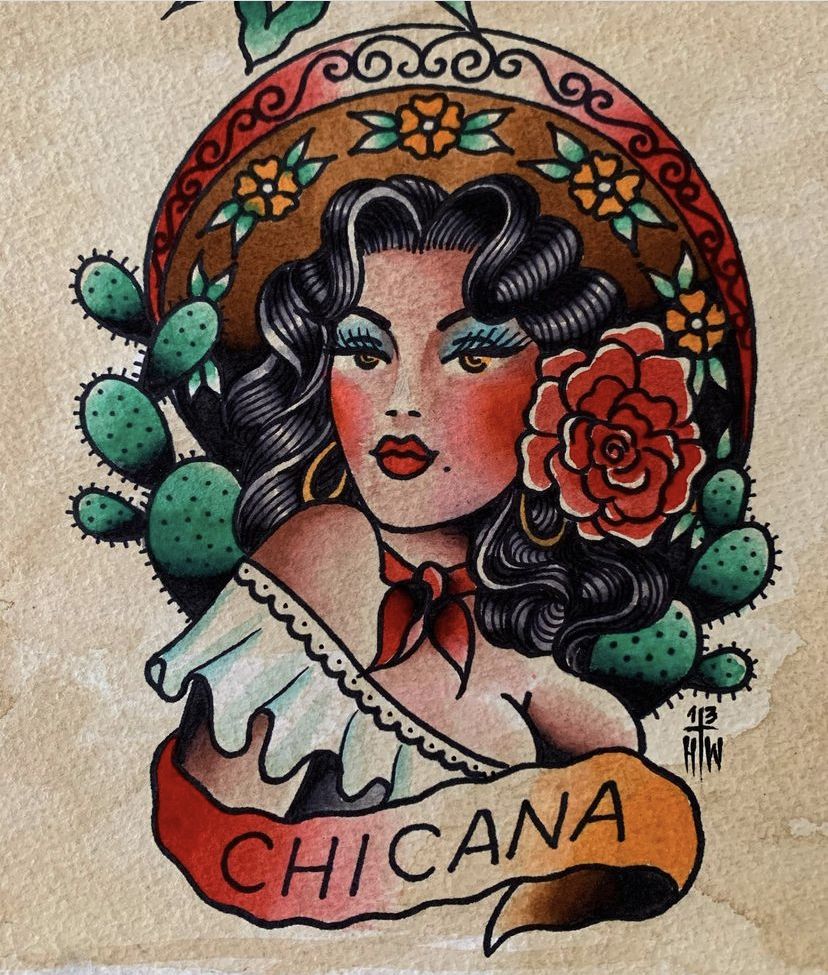
+
Engage with native speakers, consult cultural experts, or research extensively to ensure that the symbol you choose is respectful and accurately conveys the intended meaning in its native context.
Can I add color to my Asian symbol tattoo?

+
Yes, you can add color, but consider that traditional Asian tattoos often rely on line work and shading. Colors can alter the symbolic meaning or cultural context, so discuss this with your tattoo artist.
